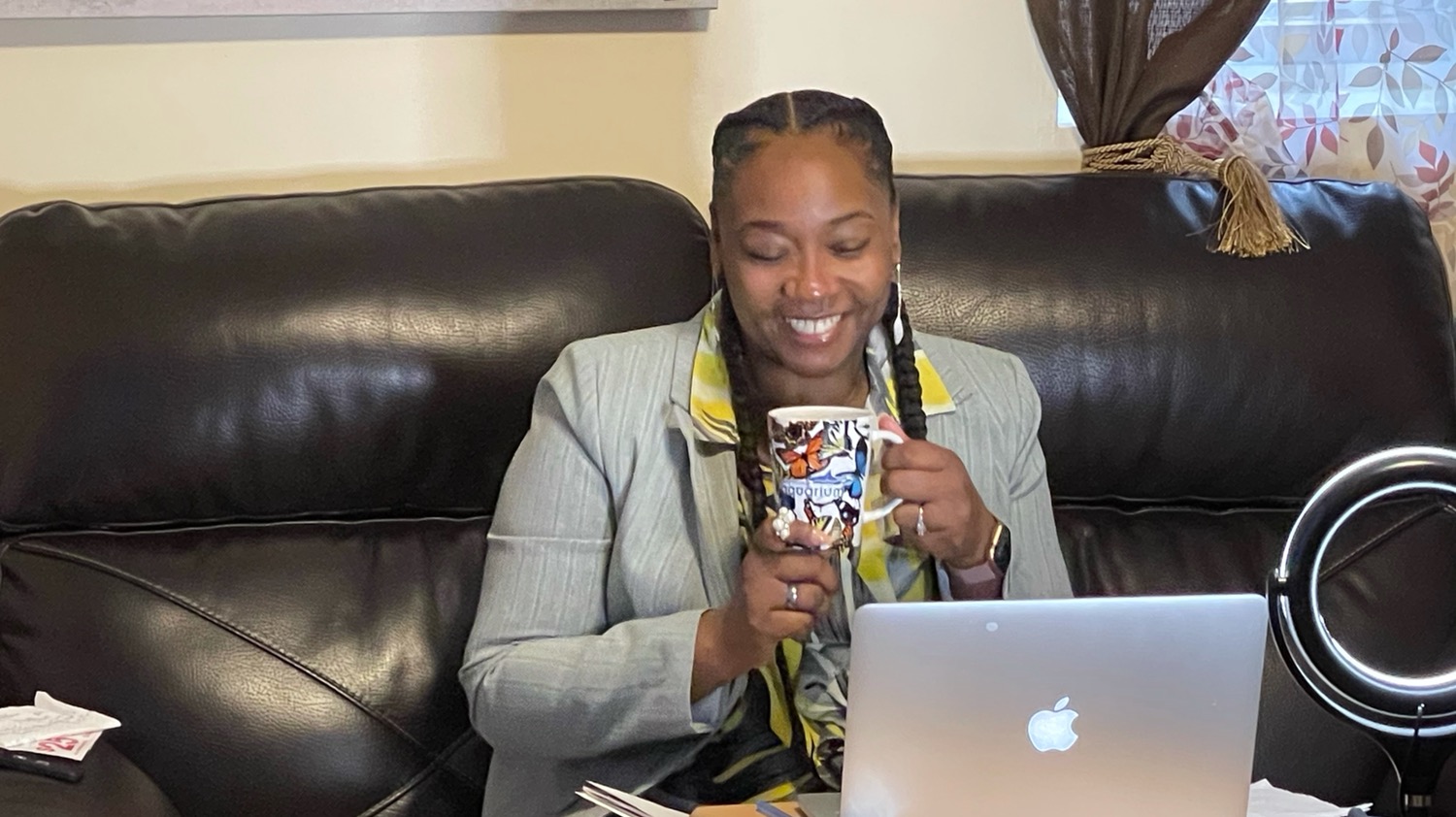Authentic Writing
- Vivett Dukes
- Mar 22, 2022
- 1 min read

What does the term “authentic writing“ mean to you? What place, if any, does it have in the realm of academic writing? Read “Keeping It Real: Valuing Authentic Writing in the Writing Classroom” to help you seriously consider not only your answers to those inquiries, but additionally, what 3-5 things do you most want to remember about authentic writing instruction and when you are teaching writing in the future? Utilize this space to be an authentic writer and cite specific pieces of evidence from the article to undergird your thinking.










The term authentic writing is significant to me because I am someone who sometimes suffers to the constraints of academic writing. It can get overwhelming when educators place criteria that makes the writing feel narrow. Authentic writing gives students who struggle with academic writing an opportunity to write with more leniency; relying on other factors that students can contribute such as their experiences and other creative notes. As someone who suffers from writer's block sometimes, authentic writing seems appealing for the writing methods that are encouraged. For example, the article states, “Use authentic language to describe genre. Students shouldn’t be writing “papers.” They should be writing travel essays, book reviews, advice columns. Study the layout of bookstores, magazines, and websites…
When I think of authentic writing, the first thing that comes to mind is honesty. In order for one to have authentic writing, one must be willing to be honest with themselves and have the courage to be imperfect. Sadly, authentic writing does not come along naturally like some skills; authentic writing is a skill that one must practice and hone. Additionally, authentic writing means being able to write something that conveys an authentic version of the writer which is no easy feat. Thankfully, through proper guidance, a student can practice becoming an authentic writer in the classroom.
One way this can be done is through practicing writing to an authentic audience. When writing, there is always going to be…
To me, authentic writing is honest writing. It is writing that is faithful to the context of the piece, the author, and the audience. To write authentically one must find their voice and meaning for writing something. If neither the author nor audience can get something from a piece of writing or connect to it in any way then the writing is not authentic. Authentic writing should not be fluffy or waste reader’s time. Too often I find myself reading online articles that are 90% fluff pieces that take three paragraphs to get to any point. Audiences cannot enjoy this kind of writing. This goes for any other forms of writing that may be written in the classroom as well.
The first thing that comes to mind when I think of "authentic writing" is voice. An audience engages and connects with a writer who is able to include their own voice into their writing, in order to make it feel personal and relatable to the readers. Authentic writing is a huge part of academic writing as it is the bridge to improving one's writing. As soon as students are able to write for a purpose and create their own voice within their works to connect with an audience, they will gain strategies and techniques that could be used used other academic writing such as essays where they will have to change their voice to accommodate to a specific audience. Authentic…
To me, “authentic writing” means writing that undoubtedly comes from the writer. When a writer writes authentically, they do not try to write in a certain way just to impress a certain audience. They also write their topic of choice based on whatever they feel passionate writing about, not what will impress or what will be the most well received. This may even be the writer’s own life experiences. I think that oftentimes authentic writing can be very difficult and emotional. It is hard to pour yourself out into words and expose your personality and life. However, I think the best type of writing is this kind of writing. I believe that a writer must be passionate about their writing…